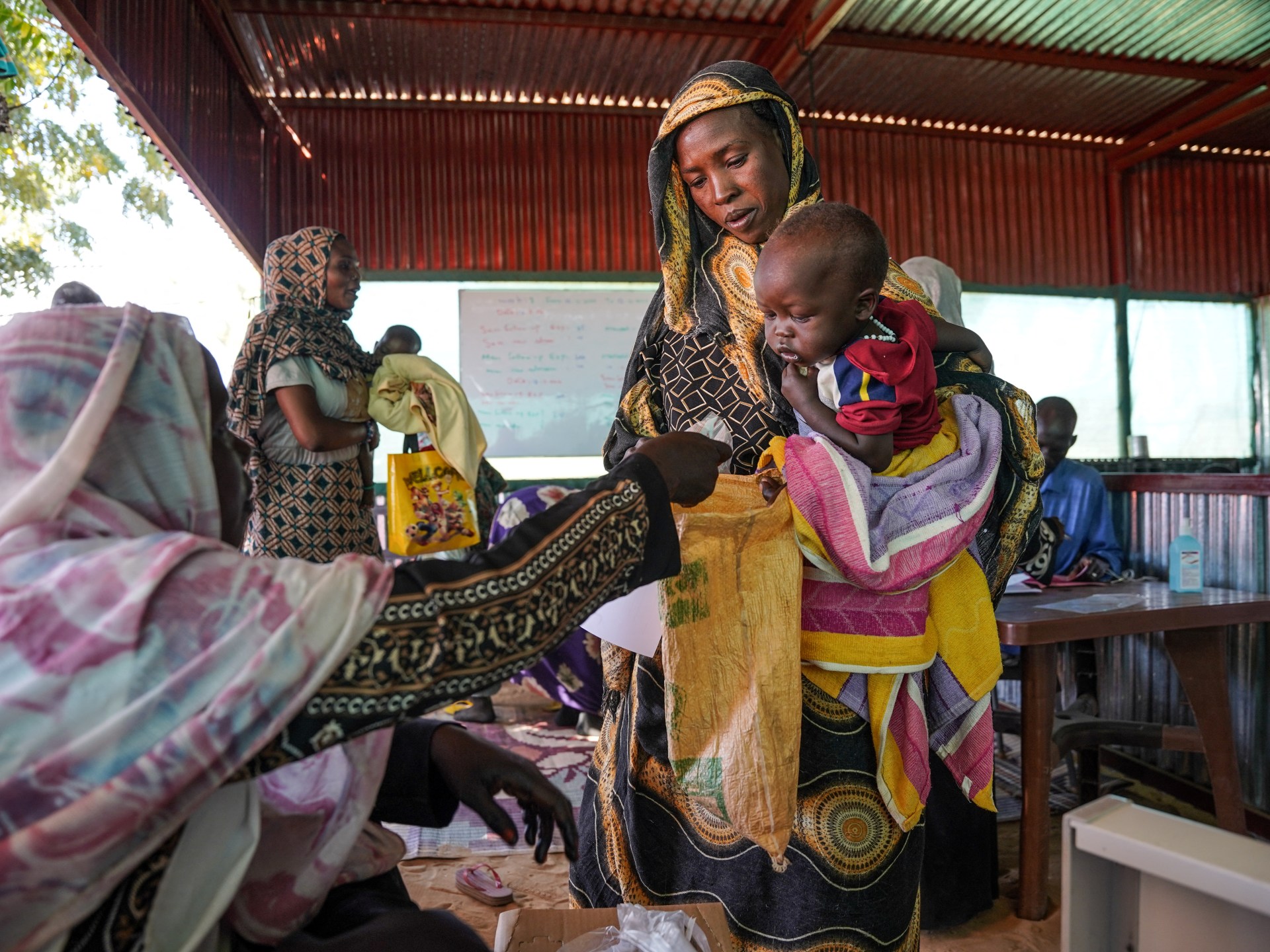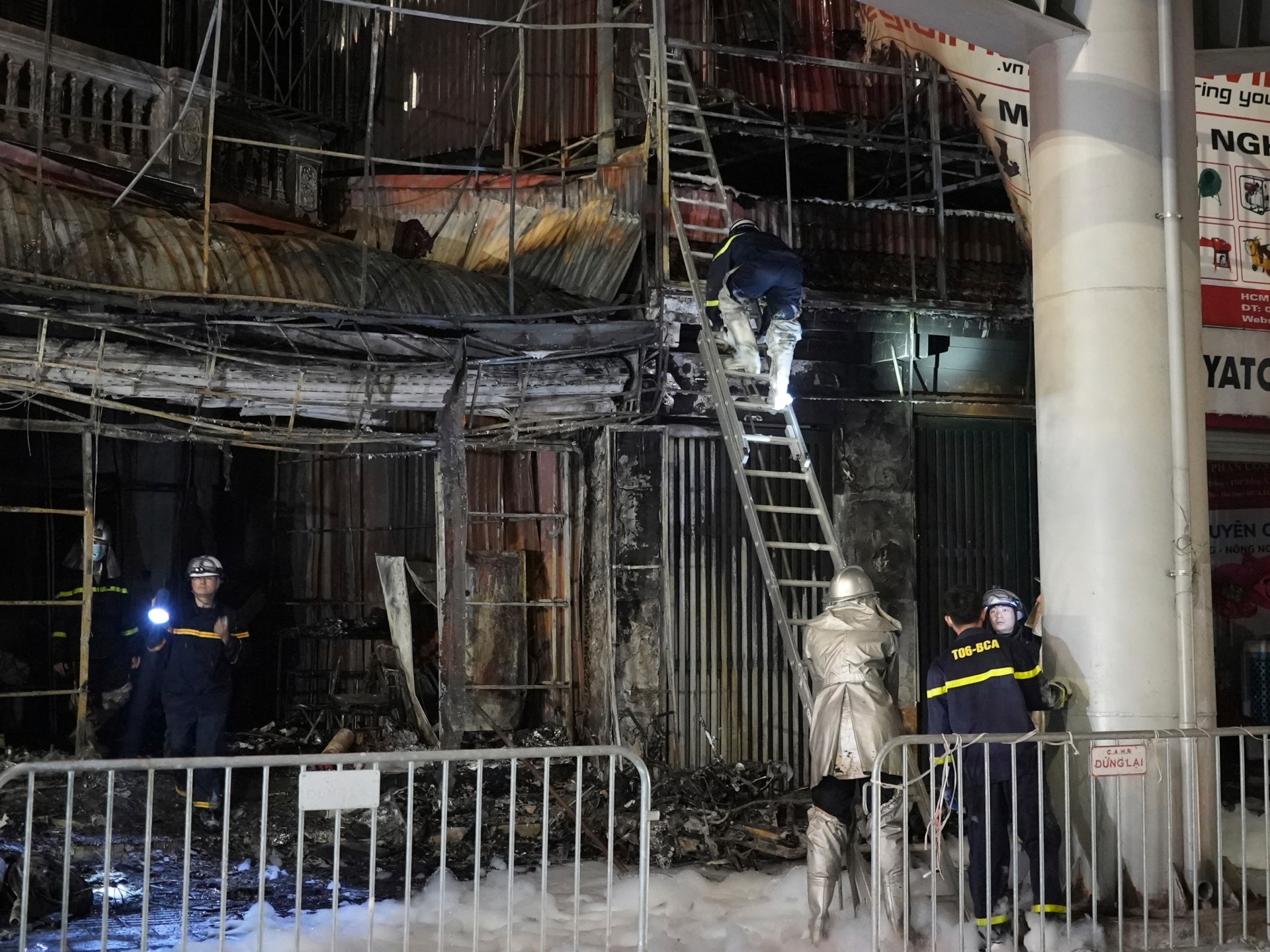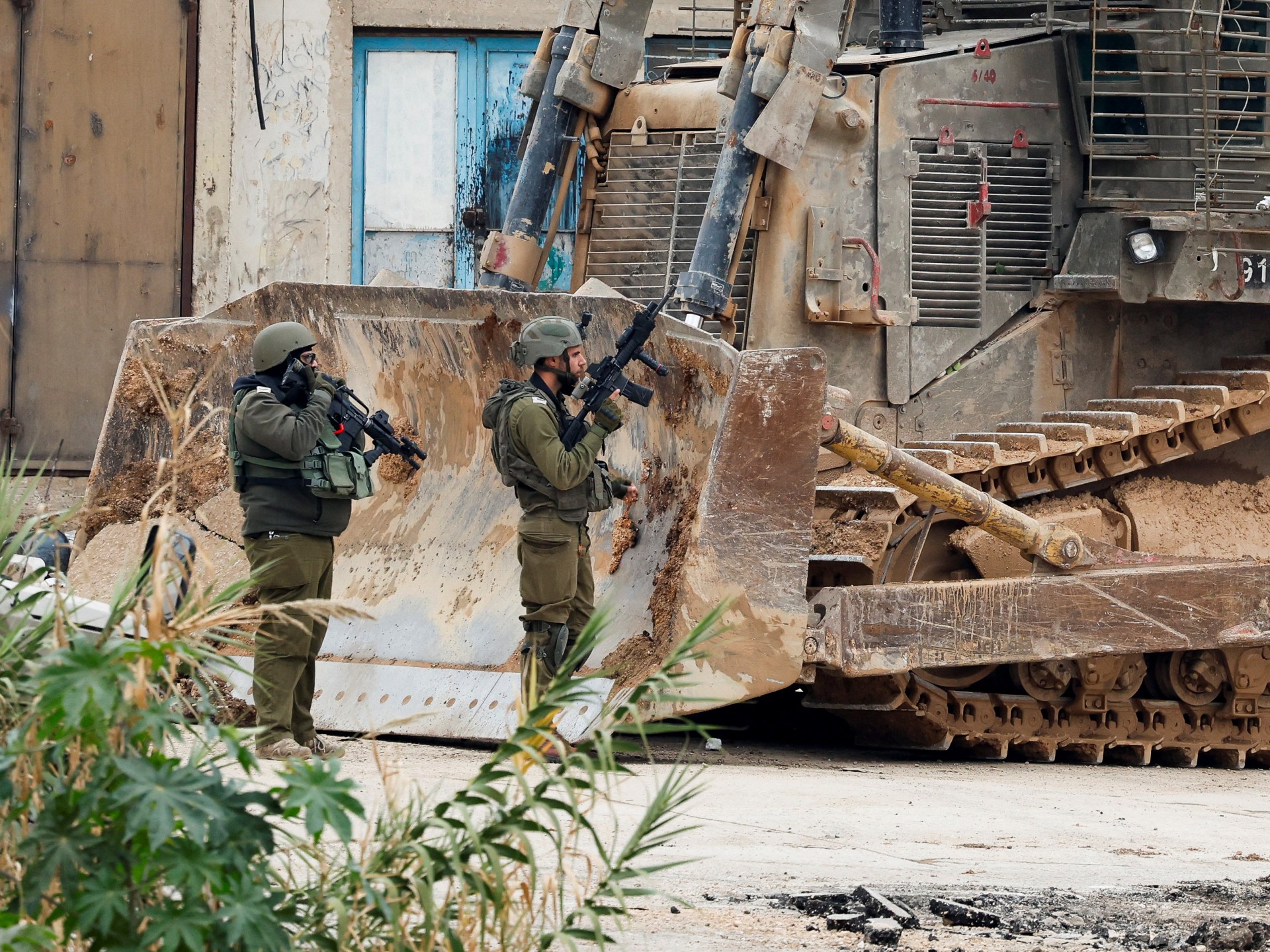

Famine is spreading in Sudan due to a war between the army and paramilitary group, a United Nations-backed global hunger-monitoring group says.
The Famine Review Committee of the Integrated Food Security Phase Classification (IPC) published a report on Tuesday outlining famine in five areas, including in Sudan’s largest displacement camp, Zamzam, in North Darfur province.
Famine conditions were confirmed in Abu Shouk and al-Salam, two camps for internally displaced people in el-Fasher, the besieged capital of North Darfur in western Sudan, as well as in residential and displaced communities in the Nuba Mountains in southern Sudan, according to the report.
The five-member committee also found that famine, first identified in August, will likely spread to another five areas – Um Kadadah, Melit, el-Fasher, Tawisha and al-Lait – by May. It also identified another 17 areas across Sudan at risk of famine.
According to the IPC report, 24.6 million Sudanese – half of the population – face acute food shortages.
Advertisement
“[The war] has triggered unprecedented mass displacement, a collapsing economy, the breakdown of essential social services, severe societal disruptions, and poor humanitarian access,” the report said.
The IPC, an independent body funded by Western nations, comprises more than a dozen UN agencies, aid groups and governments that use its monitoring as a global reference for analysis of food and nutrition crises.
The report was published despite the Sudanese government’s continued disruption of the IPC’s process for analysing food shortages. On Monday, the government announced it was suspending its participation in the global hunger-monitoring system, saying the IPC issues “unreliable reports that undermine Sudan’s sovereignty and dignity”.
Sudan has been roiled by a 20-month war that has killed more than 24,000 people and driven over 14 million people – about 30 percent of the population – from their homes, according to the UN. An estimated 3.2 million Sudanese have crossed into neighbouring countries, including Chad, Egypt and South Sudan.
The war began in April 2023 when long-simmering tensions between the military and paramilitary Rapid Support Forces exploded into open fighting in the capital, Khartoum, before spreading to other urban areas and the western region of Darfur.
The conflict has been marked by atrocities, including ethnically motivated killings and rapes, according to the UN and human rights groups. The International Criminal Court is investigating alleged war crimes and crimes against humanity.
Advertisement
In its report, the IPC added that in conflict areas, hostilities can severely disrupt farming, resulting in workers abandoning their crops. Farms have also suffered from looting and killing of livestock.
“Displaced households, especially those living in settlements and public buildings, are unlikely to benefit significantly from the harvest,” it said.
Dervla Cleary, a senior emergency and rehabilitation officer at the UN’s Food and Agriculture Organization, said the situation in Sudan is “just awful”.
“It is unacceptable in a world like today,” Cleary told The Associated Press news agency. “We need the violence to stop so people can access food, water, health, nutrition and agriculture.”
Sudan is the third country where famine has been declared in the past 15 years. The other two are South Sudan and Somalia.
Related News

Arson at karaoke bar in Vietnam’s Hanoi kills 11, police say

Biden commutes most federal death sentences before Trump term

Israeli forces raid occupied West Bank as clashes continue in Jenin


